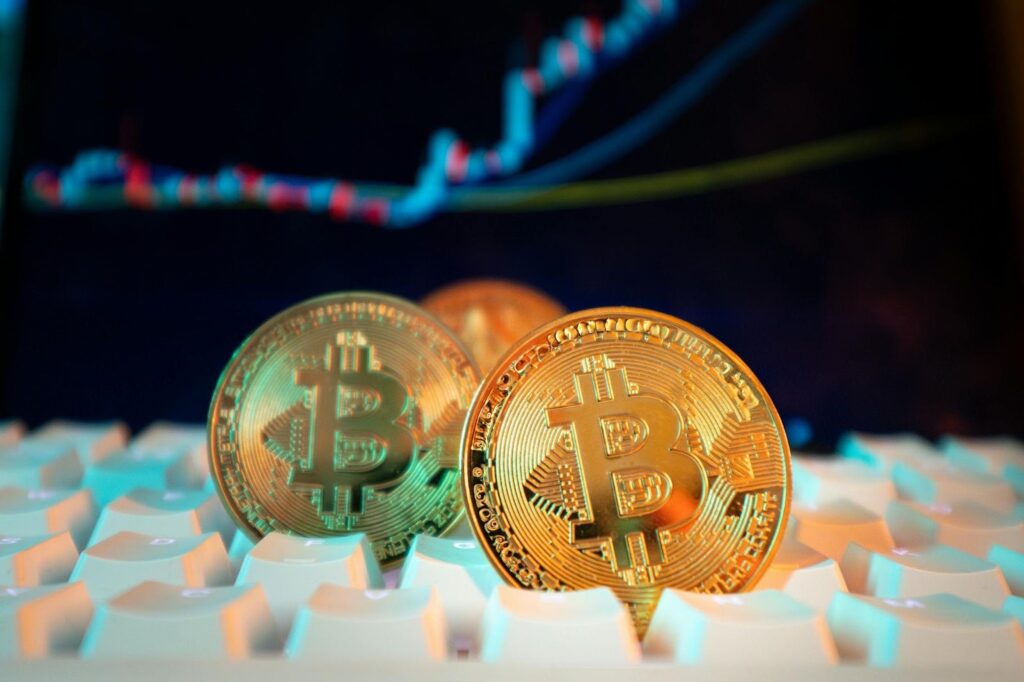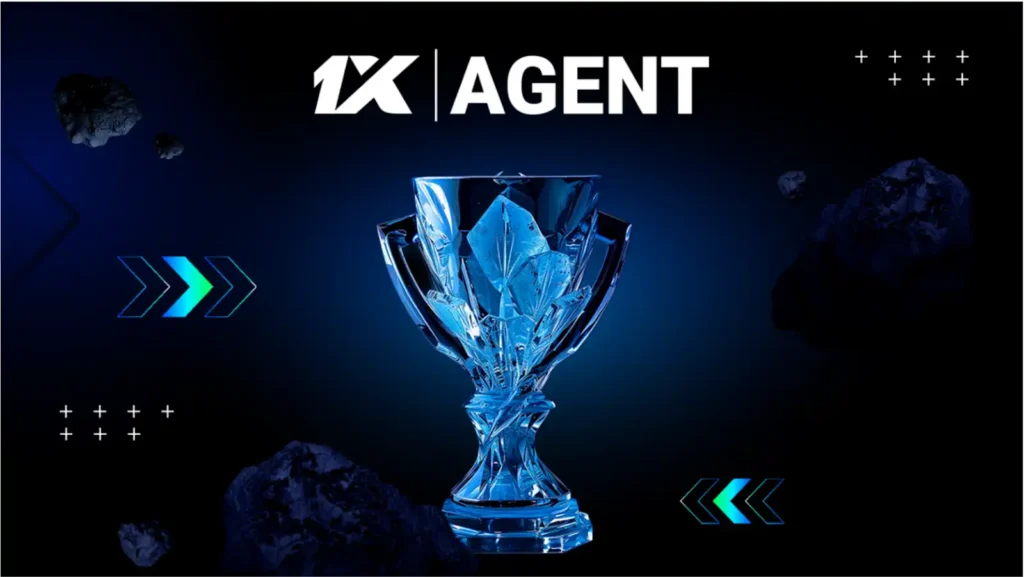The impact of blockchain technology has extended far beyond its original use in cryptocurrency. While Bitcoin and Ethereum brought decentralized currencies into the mainstream, it is the underlying blockchain infrastructure that holds the most transformative potential. Today, blockchain is being adopted across diverse industries, revolutionizing everything from finance and healthcare to supply chains and digital entertainment. One of the most exciting shifts is its application in enhancing security, transparency, and efficiency in digital ecosystems.
The Evolution of Blockchain Technology
Originally designed as a decentralized ledger for financial transactions, blockchain has evolved into a multifaceted tool for managing data and digital interactions. By distributing data across a network of computers, blockchain ensures that records are immutable and verifiable by all participants. This structure eliminates the need for central authorities, reducing risks of manipulation, hacking, and fraud.
Smart contracts—self-executing contracts with coded rules—have added another layer of functionality, allowing for complex automated transactions without intermediaries. Platforms such as Ethereum, Solana, and Polkadot have broadened blockchain’s scope by enabling decentralized apps (dApps), opening new possibilities across industries.
Decentralized Finance (DeFi): A New Financial Era
One of the most prominent offshoots of blockchain innovation is DeFi, or decentralized finance. DeFi applications eliminate the need for traditional financial institutions by offering services like lending, borrowing, insurance, and trading on blockchain networks. Users maintain full control over their assets, transacting with greater transparency and lower fees.
Stablecoins, yield farming, liquidity pools, and decentralized exchanges (DEXs) are now integral to the DeFi ecosystem. These innovations empower users globally—especially those in regions underserved by traditional banks—with greater access to capital and financial autonomy.
Gaming and Casinos: A Blockchain-Driven Revolution
Blockchain is revolutionizing online gaming and casinos by ensuring fairness, transparency, and faster transactions. With smart contracts and decentralized systems, players can verify the legitimacy of outcomes and eliminate concerns about rigged games. In this ecosystem, cryptocurrency becomes the primary medium for deposits, rewards, and withdrawals.
An increasing number of gaming platforms are embracing blockchain, and this includes the surge in new crypto casinos that leverage decentralized technologies to offer borderless, secure, and fast gameplay. These platforms often integrate provably fair gaming mechanics, ensuring that the game outcomes are transparent and independently verifiable by players. Additionally, with minimal KYC requirements, players enjoy greater privacy and flexibility—making these casinos especially appealing to a tech-savvy global audience.
Transforming Digital Identity and Privacy
Blockchain technology offers significant advancements in managing digital identities. Traditional identity systems are vulnerable to breaches and misuse. Blockchain-based identities, however, are secured through cryptographic methods and allow users to control which personal data is shared and with whom.
Decentralized Identifiers (DIDs) and Self-Sovereign Identity (SSI) models are increasingly gaining traction. These frameworks give individuals ownership of their digital identities, allowing for secure authentication across platforms without compromising privacy.
Blockchain in Supply Chain and Logistics
The complex nature of global supply chains makes them prone to inefficiencies and fraud. Blockchain introduces traceability and accountability at every step. Products can be tracked from origin to consumer, with each transaction recorded on a transparent and immutable ledger.
Major corporations like IBM, Walmart, and Maersk are already implementing blockchain to monitor food safety, track shipments, and verify the authenticity of goods. This not only boosts consumer confidence but also enhances sustainability and ethical sourcing.
Impact on Healthcare and Data Management
In healthcare, blockchain is streamlining data sharing among providers, insurers, and patients. It facilitates the secure exchange of medical records, ensures data integrity, and enhances privacy. Patients can grant time-bound access to their records and revoke it when needed, giving them greater control over sensitive information.
Blockchain is also aiding pharmaceutical supply chains by preventing counterfeit drugs through verifiable tracking from production to delivery.
Blockchain and Entertainment: The Rise of NFTs
Blockchain has introduced a new dimension to the creative industry through non-fungible tokens (NFTs). Artists, musicians, and game developers are monetizing digital content via tokenized assets. Each NFT is a unique digital item stored on the blockchain, verifying ownership and provenance.
Platforms like OpenSea, Rarible, and NBA Top Shot have created vibrant marketplaces where digital collectibles, music rights, and virtual real estate are bought and sold. This not only empowers creators but also builds new economies around virtual goods.
Challenges and the Road Ahead
Despite its vast potential, blockchain adoption faces challenges. Regulatory uncertainties, scalability issues, and energy consumption remain significant barriers. Governments are still determining how to categorize and regulate blockchain assets, while some networks face bottlenecks due to limited transaction throughput.
However, ongoing research and development aim to solve these issues. Layer-2 solutions like rollups, sidechains, and next-generation consensus algorithms are being deployed to improve scalability and reduce energy use. Likewise, regulatory clarity is improving, fostering greater institutional confidence in blockchain-based systems.
Conclusion: Embracing the Decentralized Future
Blockchain technology is more than a financial innovation—it is a foundational shift in how we handle data, value, and trust in the digital age. From banking and logistics to entertainment and gaming, its influence is expanding rapidly. As new platforms and applications emerge, blockchain is redefining efficiency, security, and empowerment across industries.
The decentralized future promises to be more equitable and transparent. With tools like smart contracts, tokenized assets, and decentralized identities, users gain more control over their digital lives. As adoption grows, businesses and consumers alike must prepare for a world where blockchain is not just a buzzword but a daily reality.





